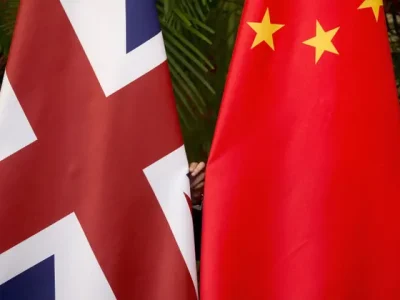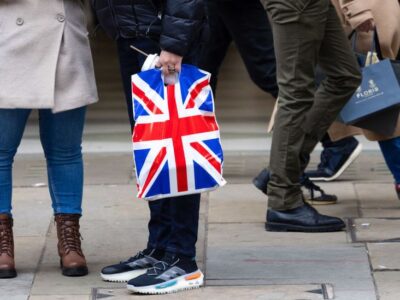The UK has signed a deal to join a trade pact with several countries in Asia and the Pacific, including Japan and Australia. The name of this pact – CPTPP – is an unwieldy mouthful, but it’s also a new club of 500 million people the UK will be able to access. So what does it mean for the fortunes of businesses and households?
What is the CPTPP?
The Comprehensive and Progressive Agreement for Trans-Pacific Partnership (CPTPP) is a trade agreement between 11 nations: Australia, Brunei, Canada, Chile, Japan, Malaysia, Mexico, New Zealand, Peru, Singapore, and Vietnam. Those founding members signed the Pacific trade pact in March 2018. Between them, they generate 13% of the world’s income. The UK is the first non-founding country to join, and will be its second biggest economy after Japan. It takes the value of the new grouping to £11 trillion.
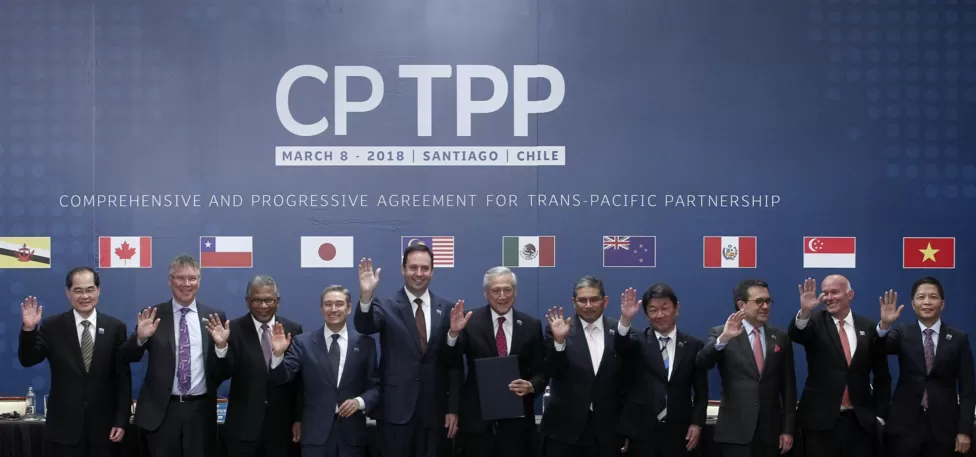
What’s in it for the UK?
The short-term gains are marginal. The UK already had deals with the majority of these nations as part of its EU membership which have been carried over. Since Brexit, the UK has added Australia and New Zealand to its trade deal tally. It was just Brunei and Malaysia left that the UK didn’t have a deal with and between them those two account for less than 0.5% of the total of UK trade.
Even with some changes to the trading arrangements with other countries, the gains from the expanded accord is expected to be fairly small – around 0.08% of GDP over 10 years, according to the government’s best stab at an estimate. However the Business and Trade Secretary likens CPTPP to a start-up, indicating the estimates do not account for the fact that some members – for example, Vietnam – are rapidly growing in importance in global trade. Even so, by contrast, leaving the EU, the government’s independent forecasters reckon, will have reduced the UK’s growth by far more – perhaps 4% of our income. In total, the CPTPP accounted for 8% of UK exports in 2019 – less than we sold to Germany.
What changes?
The key perk is greater access to each other’s markets, and a pledge to eliminate or reduce 95% of import charges or tariffs. But some are kept to protect sensitive domestic areas, such as Japan’s rice farming industry. Also, manufacturers that get components from lots of different places can claim their products qualify for preferential treatment. That means they can tick the so-called “rules of origin” box, as long as 70% of those components come from any of the participating countries.
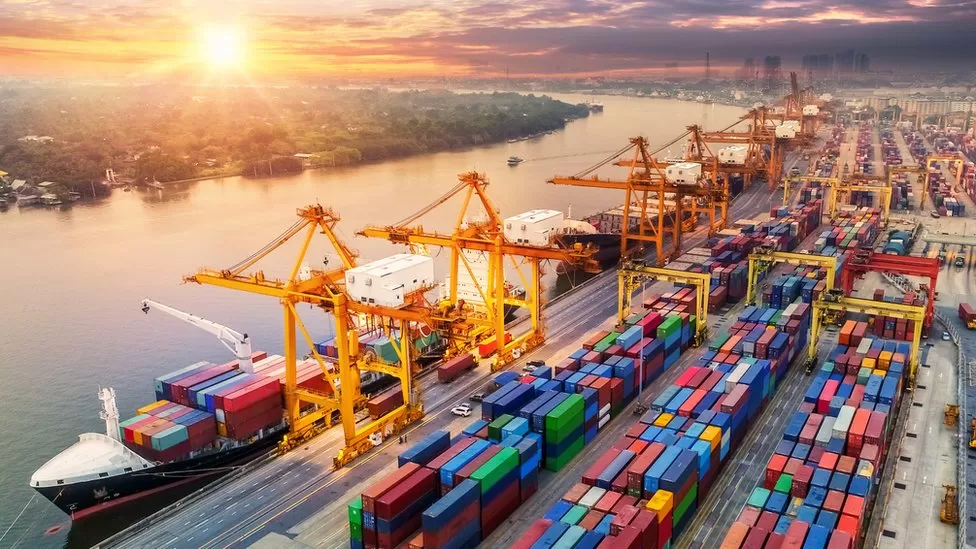
The provisions could help UK producers of items such as machinery and medicines – our most valuable exports to those nations – by reducing their costs and allowing them to expand their supply chains across the constituent countries. Away from trade, membership means investors from CPTPP countries get the same treatment as domestic firms when they put money into projects taking place in other member states, which could benefit UK firms.
In 2017, the CPTPP nations accounted for about £1 in every £12 of foreign investment in the UK, and the same going the other way – supporting business and jobs. In return, countries must co-operate on regulations, such as food standards. However, unlike the European Union, the CPTPP is neither a single market nor a customs union. So countries are not required to have identical regulations and standards. And countries can strike their own trade deals with others, as the UK has with the EU – although membership of the CPTPP would not be consistent with re-joining the EU itself.
What are the concerns?
In short, what has the UK had to agree to as the price of admission? Some, including members of a House of Lords committee, want to know how the UK intends, for example, to ensure environmental and animal welfare standards will be met. The government has pointed out that CPTPP allows members to set their own levels of protection and it would not compromise the UK’s standards.
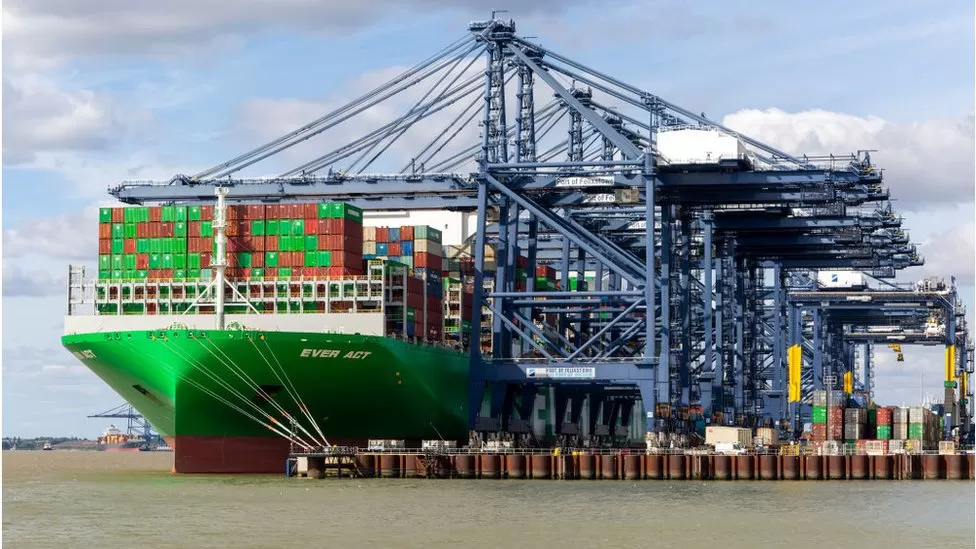
As part of the agreement, the UK will grant Canadian farmers more access to UK markets – but hormone-treated meat will still be banned. And it is conceding to lower tariffs on imports of Malaysian palm oil – which has been blamed for aiding deforestation. Those charges currently can be up to 12%. Trade unions have voiced concerns that plans to encourage more investment could allow multinational companies to legally challenge British policies – although trade experts say this capacity exists in other trade deals, and hasn’t ever been successfully exercised against the government.
What about the future?
The treaty will be scrutinised and ratified by members before coming into force, which could take at least a year. It is the partnership’s potential that is key. The agreement will loosen restrictions on services and digital trade, which matches the UK’s ambitions, and ties it in with some of the faster-growing nations. But the biggest rewards – and challenges – could occur if others join the club.
China is among those vying to sign up, as is Taiwan. Could the UK veto China’s membership? Or use its membership to shape China’s access and ambitions? The real prize would be if the US reverses the decision made by President Trump not to sign up. America buys about double the amount of UK exports than the current nations put together, but membership doesn’t appear to be on President Biden’s to-do list. At present, membership of the CPTPP is a mainly symbolic win for post-Brexit Britain. But ultimately it could yield considerable rewards.
![]()




